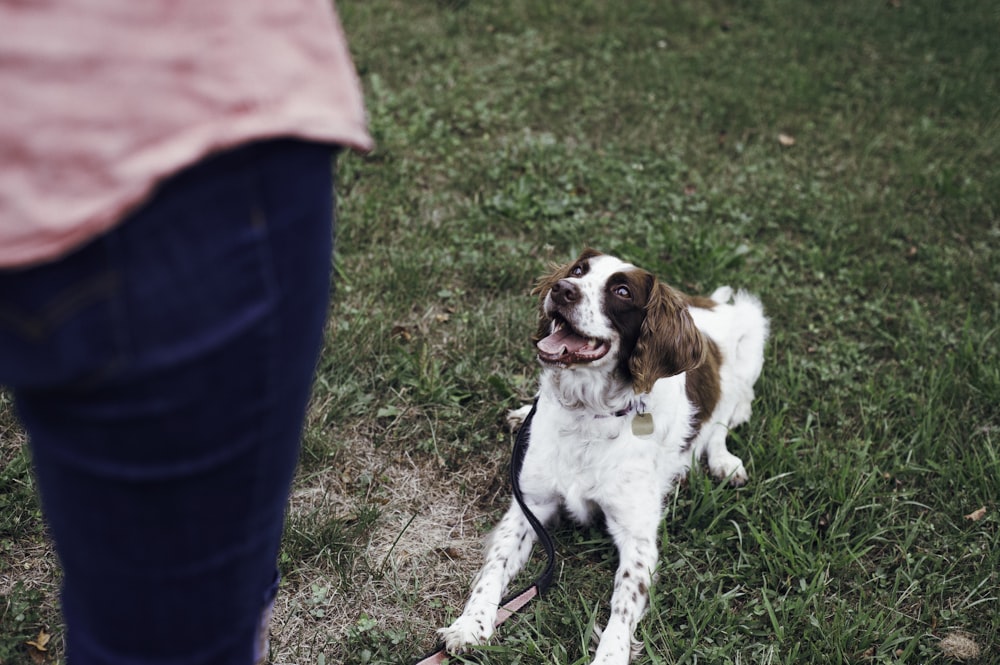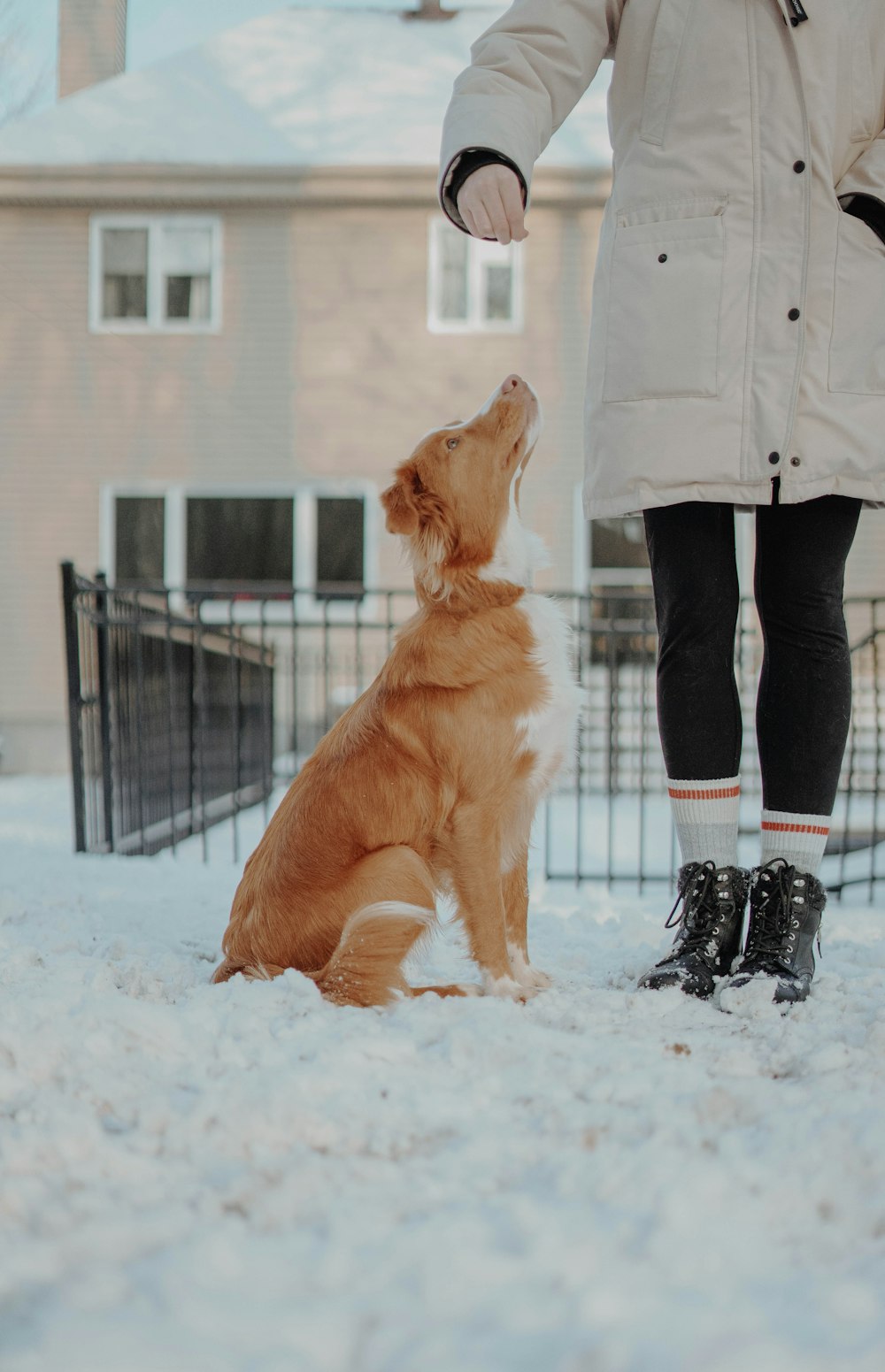Teaching Your Dog Commands in Foreign Languages

If you're looking for a way to expand your dog's vocabulary, it can be accomplished in just five minutes. It all starts with the command "sit." Once they learn this word, they will understand that when you say it, they should sit down. From there, teach them another command like "stay" and move on to more complex commands like "come." The process is relatively simple but requires patience and consistency. First, decide which language you'd like to use so you know which words to use when training. You'll also need treats.
Persistence is Key
If a German speaker wants their beloved pet to come over, they should say "herkommen," while an American might use "come here." Pick whichever sounds more appealing and natural for both parties involved but don't switch back-and-forth between the two languages.

It is not always easy to get your dog on board with new skills. Keep practicing and following these steps if a pet has trouble learning the word:
- Make sure you are both talking about the same thing when using this command; for example, if you want your pup to join you in playing fetch, then it would be vital that you use "fetch" during your play sessions, so there aren't any mix-ups.
- Pay attention to body posture cues because some dogs will relax their whole being while others tense up in anticipation of something happening.
Imagine if your dog knew more than one language. You could teach them the phrase "down" in German, and he would automatically know what you were saying without even needing to look back at you.
- Say the command in German;
- Repeat the command several times;
- Use the command in German only, and refrain from using it in English anymore.
Treat Your Dog Every Time
It's always good to reward your dog with love and a yummy treat when they do something right. Never punish them or say "no" if they don't listen. Keep working on it until the command is obeyed, then make it apparent how happy you are that they obeyed. Giving rewards makes them want more out of life because they know what feels good from being rewarded by their master.

Make time to practice new language commands with your dog, but do so in between other activities as well. It will help you both associate words and actions together for better recall later on. You are a pack leader- whether they understand what's being said or not, it doesn't matter because this is about strengthening the bond between them through consistency.
Use Gestures
Your dog has likely learned to communicate with hand signals at some point in their lives. Unlike using words for commands and instructions, this system allows us, humans, to share our desires with them without having any difficulties understanding one another. Most gestures are universal so no matter what language you use, your dog will be able to understand.
Do you know that dogs can understand what we say and do even if they don't speak our language? They recognize actions like yawning because it's something they see us do all the time.
Adjust Your Pet to New Circumstances
It is crucial to teach your dog some new words if you're moving to a foreign country. After the move, you can help your pet adjust by reading up on how they teach dogs in their respective countries and make sure that a pet knows all those commands. It would be easier for both parties involved, making this transition much smoother than what might've been expected without preparation.
Dogs are masters at communicating with humans, and their use of language is no exception. Don't underestimate your dog's ability to learn. They might surprise you with just how much they can truly understand.
Wrap It Up
These tips will help train your dog to respond in a foreign language if that's something you wish for them! Dogs need to learn commands in their native tongue so they don't get lost or cause trouble while we're away from home. Use the information as a guide to teaching your pet new words in English, Spanish, French, or any other language that might be useful during trips abroad. You'll thank yourself later!


